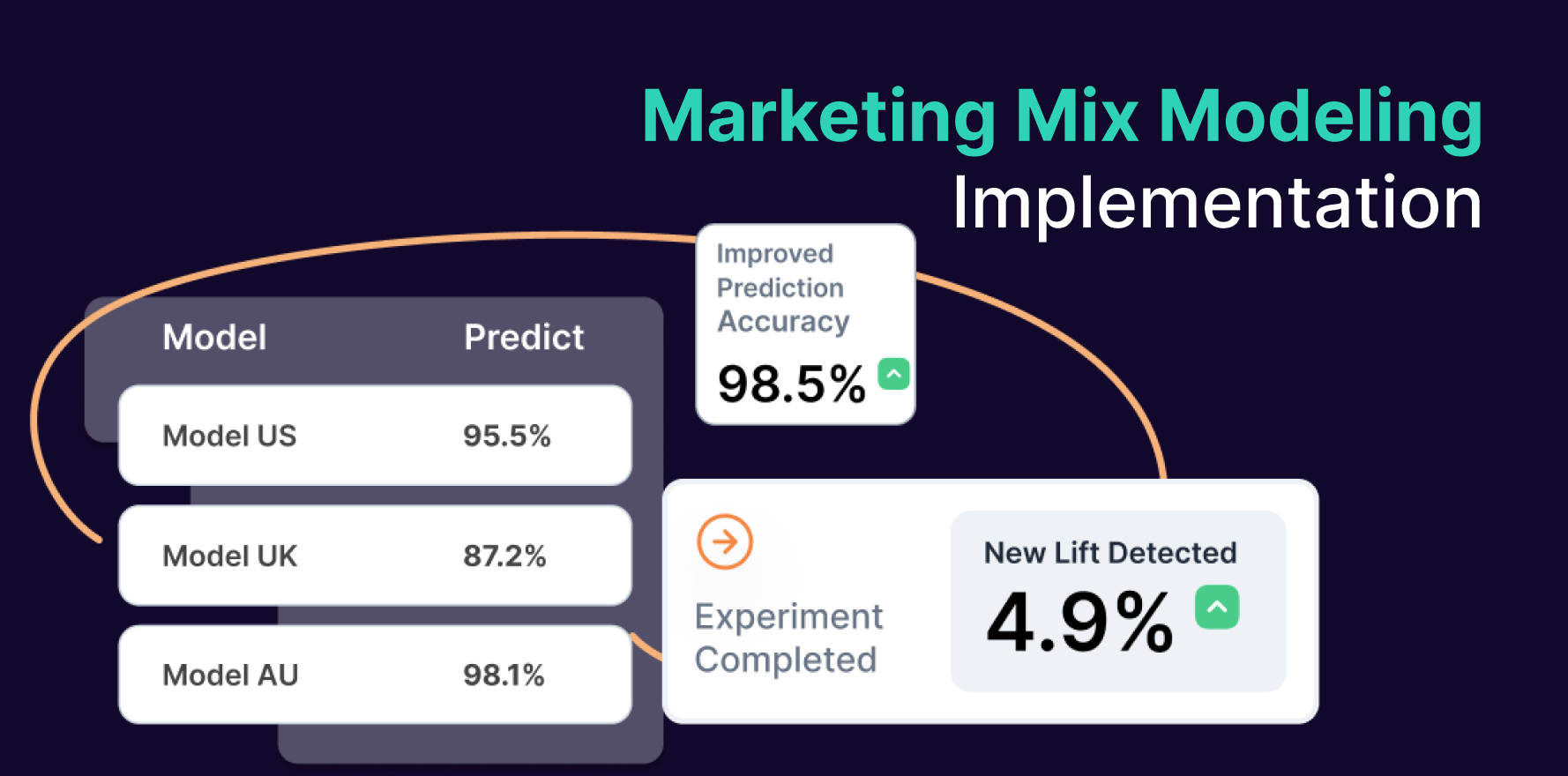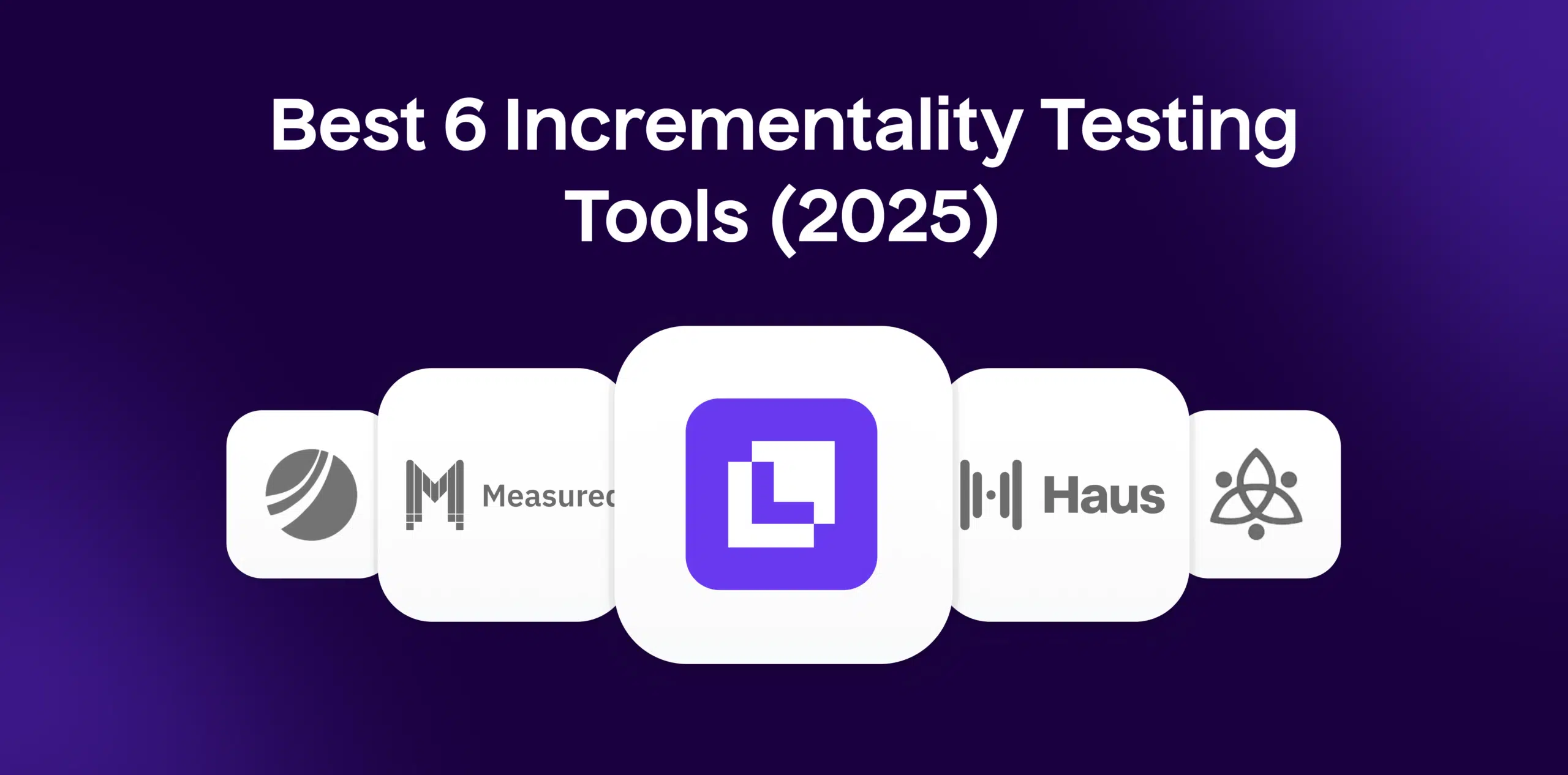What is Attribution Data?
In the context of ecommerce, Attribution Data is a powerful tool, aiding businesses to analyze where their conversions originate. A conversion could be anything from a purchase to an inquiry or download, depending on the specific goals of a business. Attribution Data sheds light on which elements of the marketing mix- be it social media, paid advertising, email campaigns, or organic search- are driving these conversions.
Formula
Example
Imagine an online shopper who first clicks on a Facebook ad, later reads a promotional email, and finally makes a purchase after seeing a Google ad. In this scenario, Facebook, email, and Google are different marketing touchpoints, and the purchase is the conversion. Attribution Data helps determine credit for this conversion.
Why is Attribution Data important?
Attribution Data is critical because it enables ecommerce businesses to fully understand their customer journeys. It provides insights into which marketing strategies work well and which require optimization. Businesses equipped with accurate attribution data can better allocate their marketing spend, maximizing their return on investment (ROI).
Which factors impact Attribution Data?
Improving Attribution Data hinges on the strategic selection of an attribution model that suits the business best. Beyond that, businesses should strive for full-funnel tracking, use UTM codes for easy identification of traffic sources, and clarify their conversion goals crisply.
How can Attribution Data be improved?
Various factors impact Attribution Data, such as the marketing channels used, the attribution model chosen (single-touch or multi-touch), the length of the sales cycle, and the type of product or service being sold.
What is Attribution Data’s relationship with other metrics?
Attribution Data directly correlates with various other ecommerce metrics. It can influence marketing ROI, customer acquisition costs (CAC), conversion rates, customer lifetime value (LTV), and even churn rates. By providing a clearer view of campaign performance, Attribution Data can guide decision-making across an array of ecommerce metrics.
Free essential resources for success
Discover more from Lifesight
























































